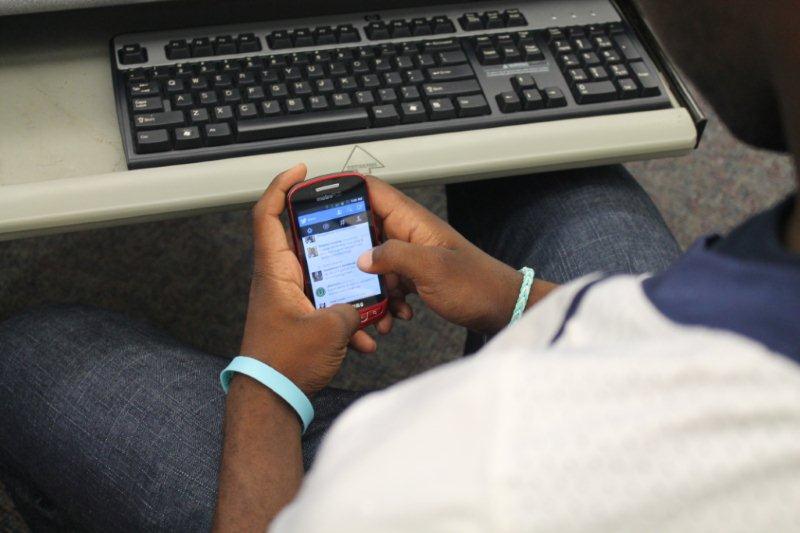In the past year, one might say that the world’s youth have become exceptionally concerned with world affairs. It certainly appears that way: one need only look so far as Twitter after any tragedy or issue of human rights to find a veritable army of troubled teenagers, furiously hashtagging “prayfor_____”.
Teens are unnervingly quick to jump onto the pity bandwagon, frequently offering their supposed sympathies before even knowing what for. After all, the stream of information offered by social media is relentless and instantaneous, and opportunities to establish oneself as a benevolent follower of world events are few.
This is the reality of news and social media for young people. Sob-worthy headlines spread from person to person, and with them a customary expression of compassion, whether in the form of a Twitter hashtag or a reposted picture or video. The poster of said sympathies may then Google whatever disaster has occurred, taking a moment to rubberneck at all the gory details, and then move on with his or her life.
It’s true that social media is a fantastic and blazingly fast method of staying up-to-date with current events. But are the resulting pity parties really doing any good? Well-meaning Twitter users advise others to pray for so-and-so, but how many of them will take the time to sit down and have a heart-to-heart with their deity of choice? People change their Facebook profile pictures to red equal signs in support of gay marriage, but what will that do for their cause? Do-gooders “like” pictures of childhood cancer patients, but is social media support going to cure their illnesses?
The truth is that this online commiseration, however well-meaning, does next to nothing for the cause supported or the victims of the tragedy at hand. Half-hearted attempts at support like these culminate under the informal term “slacktivism”, defined by Oxford Dictionary as “actions performed via the Internet in support of a political or social cause but regarded as requiring little time or involvement.”
Slacktivism has become somewhat of an epidemic in the world of social media. One could likely list hundreds of instances of this social phenomenon, such as the virally reposted “Kony 2012” video or the “prayfornewtown” and “prayforboston” hashtags, in light of the Sandy Hook shooting and the Boston bombing. Campaigns like these make people feel charitable by “raising awareness” – but why should we stop there? Earnest displays of solidarity with victims of calamity have their place in society, but people must be careful not to substitute them for actual charity. There are so many more practical ways to show support for the less fortunate: donating actual money or time to a cause, writing a letter to a representative to support or protest a law, or even doing small things from day to day to make other people’s lives better.
A great example of this is the hashtag “26acts”, which became briefly popular after the Sandy Hook shooting and encouraged Twitter users to do twenty six acts of kindness in their day-to-day lives: one for every victim of the shooting. In another positive use of today’s technology, people have had the opportunity to make $10 donations to the Red Cross by simply texting a number, which has raised immense relief funds in response to disasters such as Hurricane Sandy and the tornadoes in Oklahoma.
Here are instances of social media trends that have the potential to make an actual difference in the lives of those affected by them. Slacktivism has become a problem because of the poor use of social media in response to times of crisis, so it is important to remember that there are always more productive and impactful ways to show support, even through social media itself. Making a difference in the world is possible – but it is not always as easy as scrawling hashtags on Twitter.



Mrs. Weizer • Sep 20, 2013 at 2:18 pm
So glad to see you writing, Tara! Great piece–looking forward to reading more from you this year!
Michelle Zeng • Sep 15, 2013 at 10:00 pm
I’m impressed with the quality and quantity of the content the Knight Crier has rolled out so far! This is a very well-written editorial – compliments to Tara and the editors. Keep up with the good work! P.S. The photo made me chuckle